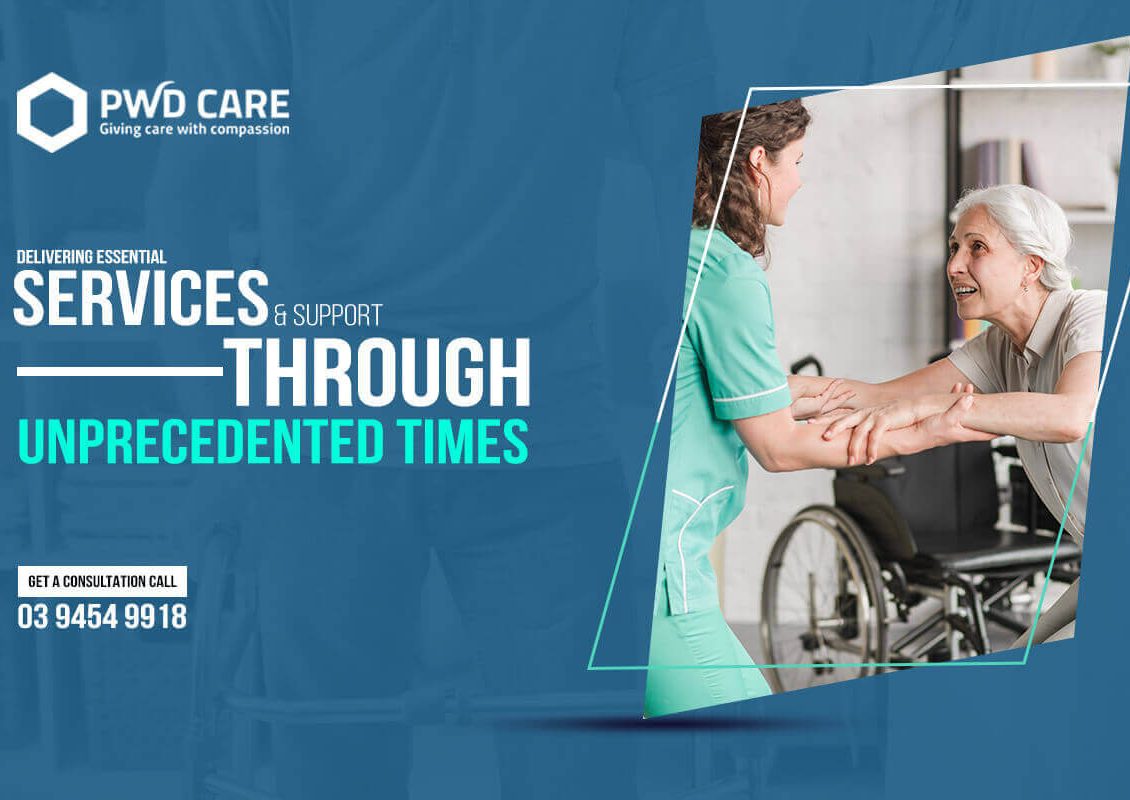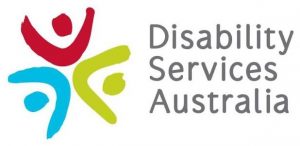

Respite care can be a much-needed additional support for people with disability and their support network.
The NDIS can fund Short Term Accommodation (STA) as a way of providing respite care, however it’s a support that’s often misunderstood and our team are often asked questions about how it works.
What is respite care?
Respite care is designed to give both you and your informal support a well-earned break.
By staying in short-term accommodation, you’re treated to a change of scenery and a break from routine, while your informal support network also get some time to themselves. Respite care isn’t just about the accommodation, it also involves the support you receive while staying there. Depending on the level of care you require, your STA provider may allow you to share a support worker with other guests, which can help give you more value for money.
Many respite care providers also offer capacity-building group activities as part of your stay, such as art therapy sessions, group fitness activities, or day trips.
How does the NDIS fund STA?
The NDIS funds STA under the Core Support category ‘Assistance with Daily Living’ (Category 1).
The amount of funding you can receive depends on the level of support you require. Generally, the more support your informal network or carer provide, the more breaks they may need throughout the year and the more funding for STA you’ll receive.
Here are some examples of how that might look…

This is Mary and her husband, Paul.
Mary has very high support needs and her husband is her primary carer. Due to her unique situation, the NDIS provided Mary with enough STA funding for 28 nights in respite accommodation.

This is Chris and his parents.
Chris has mid-level support needs and is wanting to build his independence and move out of his family home. The NDIS provided Chris with enough STA funding for a night away from his parents each month.

This is Jan and her father.
Jan has low-level support needs. Her father works full time and is her primary carer. The NDIS provided Jan with enough funding to attend a 2-week STA camp during school holidays.
How can I get STA included in my plan?
If you’d like funding for respite care included in your plan, you will need to request it in your planning or plan review meeting.
In this meeting, you should explain how much support you require and how your informal support network or carer help to deliver that support day-to-day. Try to highlight the effect this has on both of you, and how STA would help the situation.
As with all planning meetings, you should take any documents that support what you’re saying – this is especially important when it comes to STA. Some examples of documentation you could take to increase your chances of receiving funding for STA would be a report from an Occupational Therapist or a Psychologist. A letter from one of your informal supports, explaining their role and why respite care would help give them a break to avoid burn-out, can also be very useful.
Essentially, you should take any evidence that makes it easier for the NDIS to understand your situation and why it’s reasonable and necessary for you to receive respite care.
How do I find a respite care facility?
There are many specialised respite care providers located all throughout the country. These range from small homes to larger, hotel-style facilities. Each offers different services and supports to their guests.
Take your time to research what’s available and which STA providers meet your specific support needs. There are several websites and online communities that can help you with your search, so take a look around.
A Support Coordinator can be also be useful, both for helping you get the right level of funding in your plan and finding and connecting you with a suitable STA provider. Don’t have funding for Support Coordination in your plan? Not a problem, as the NDIS has allowed people to use their Core funding to access Support Coordination.






